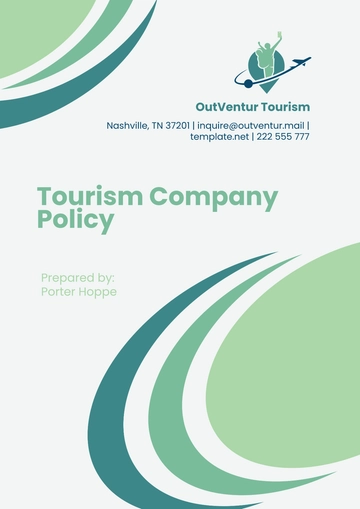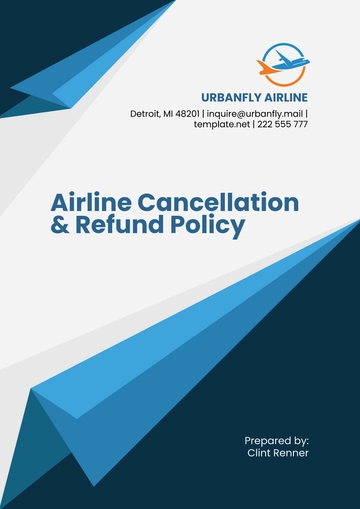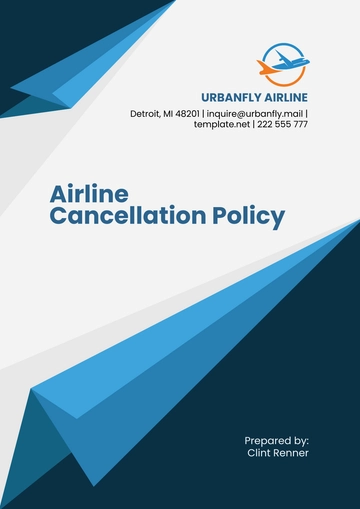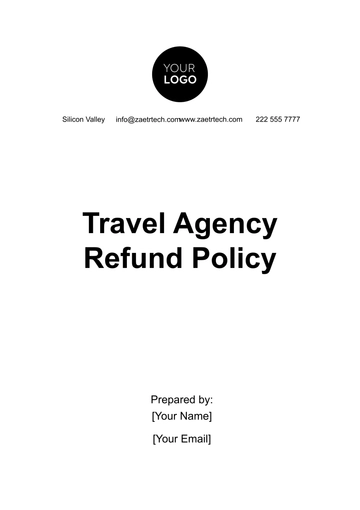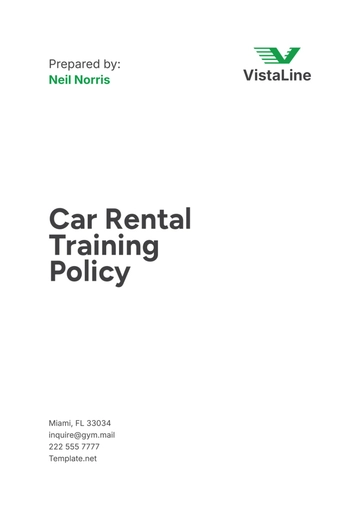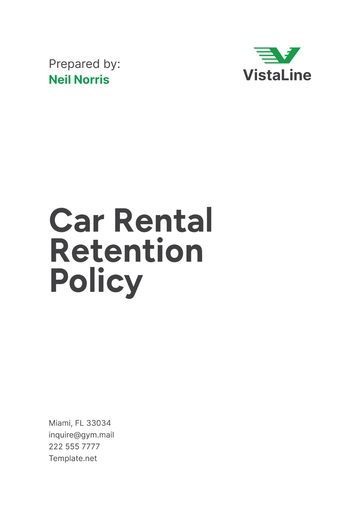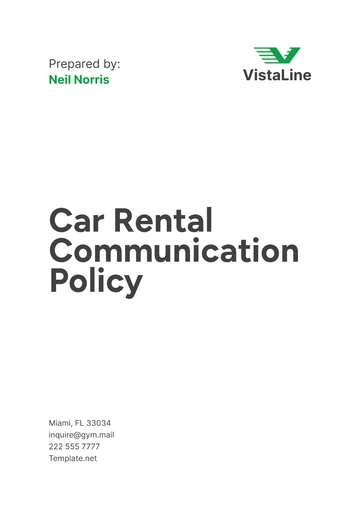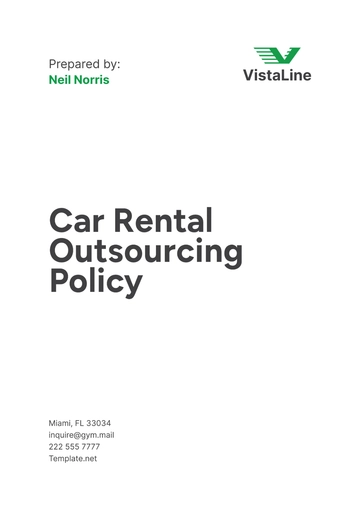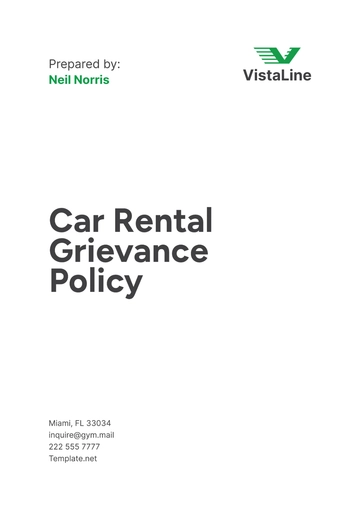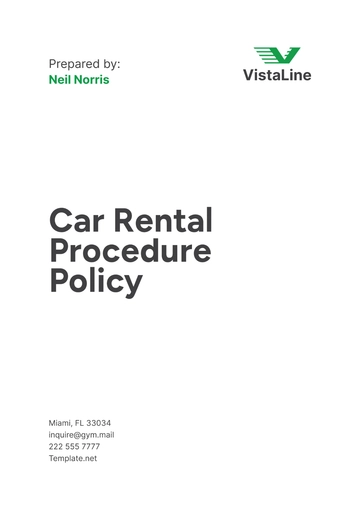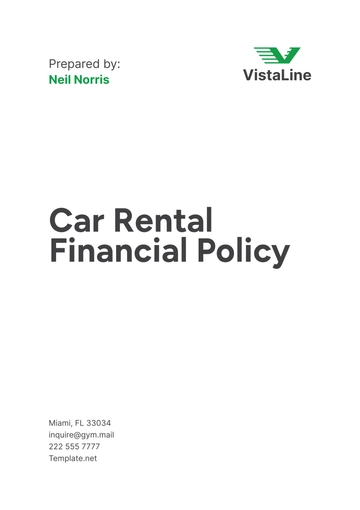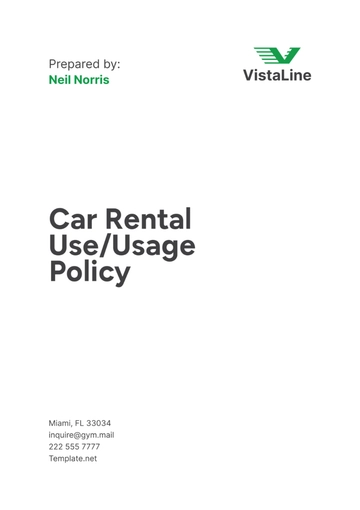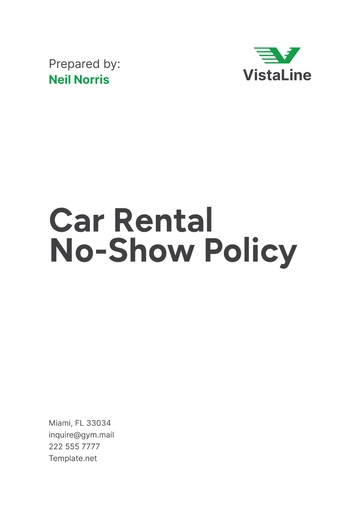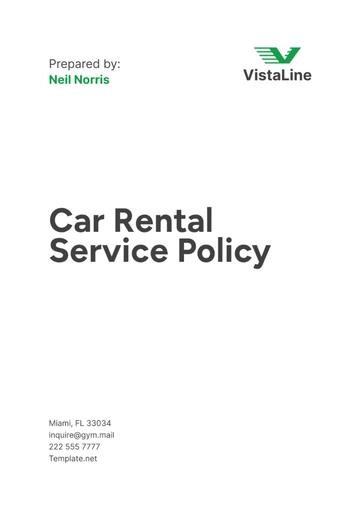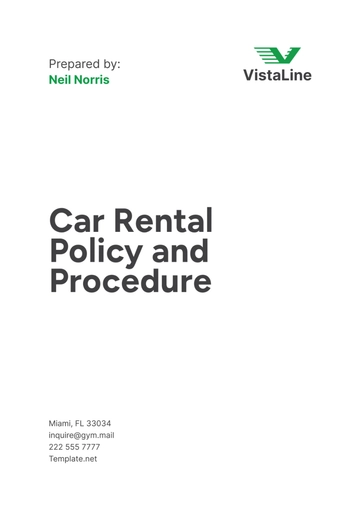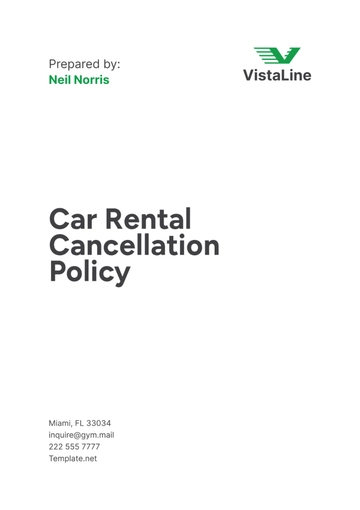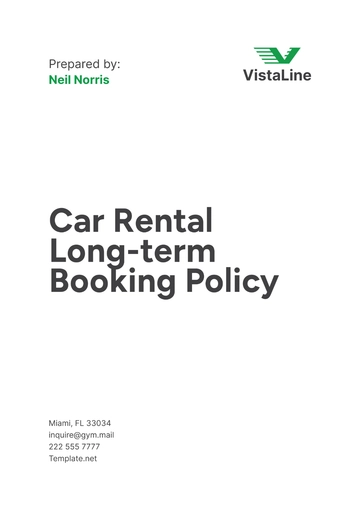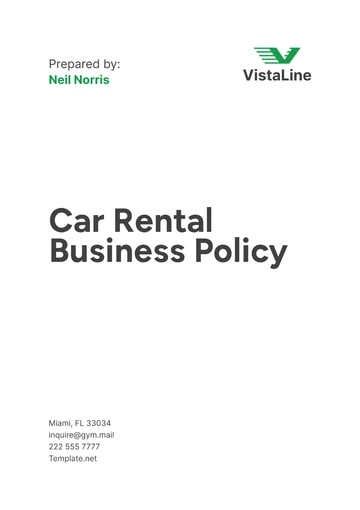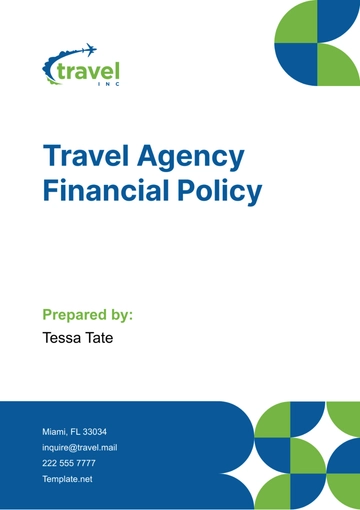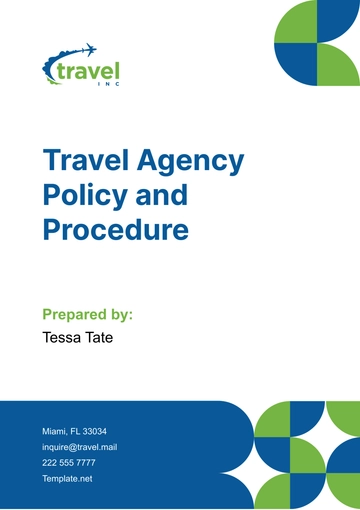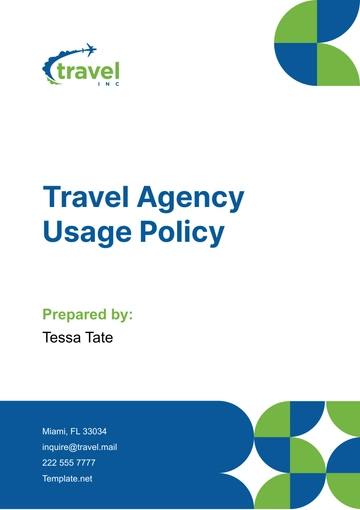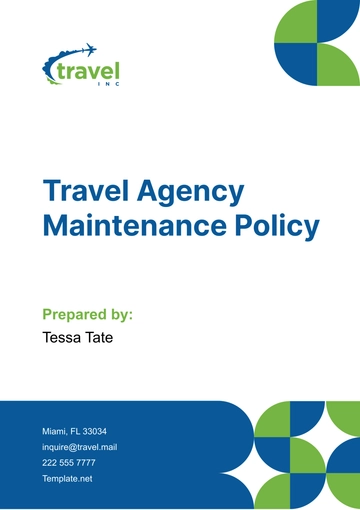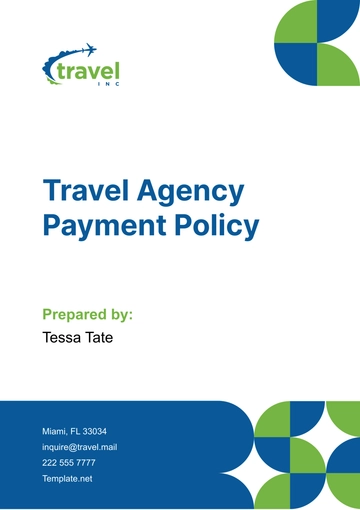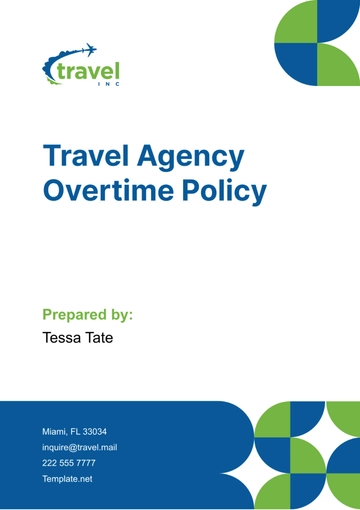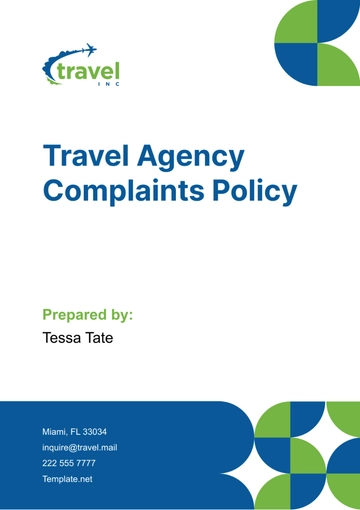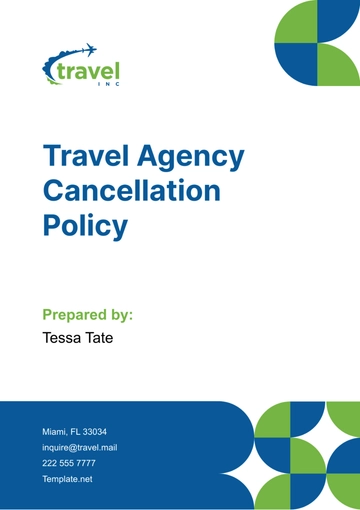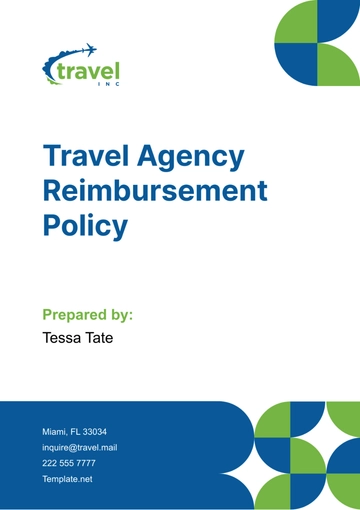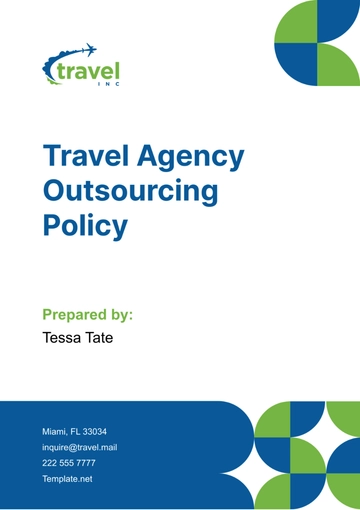Free Travel Agency Attendance Policy
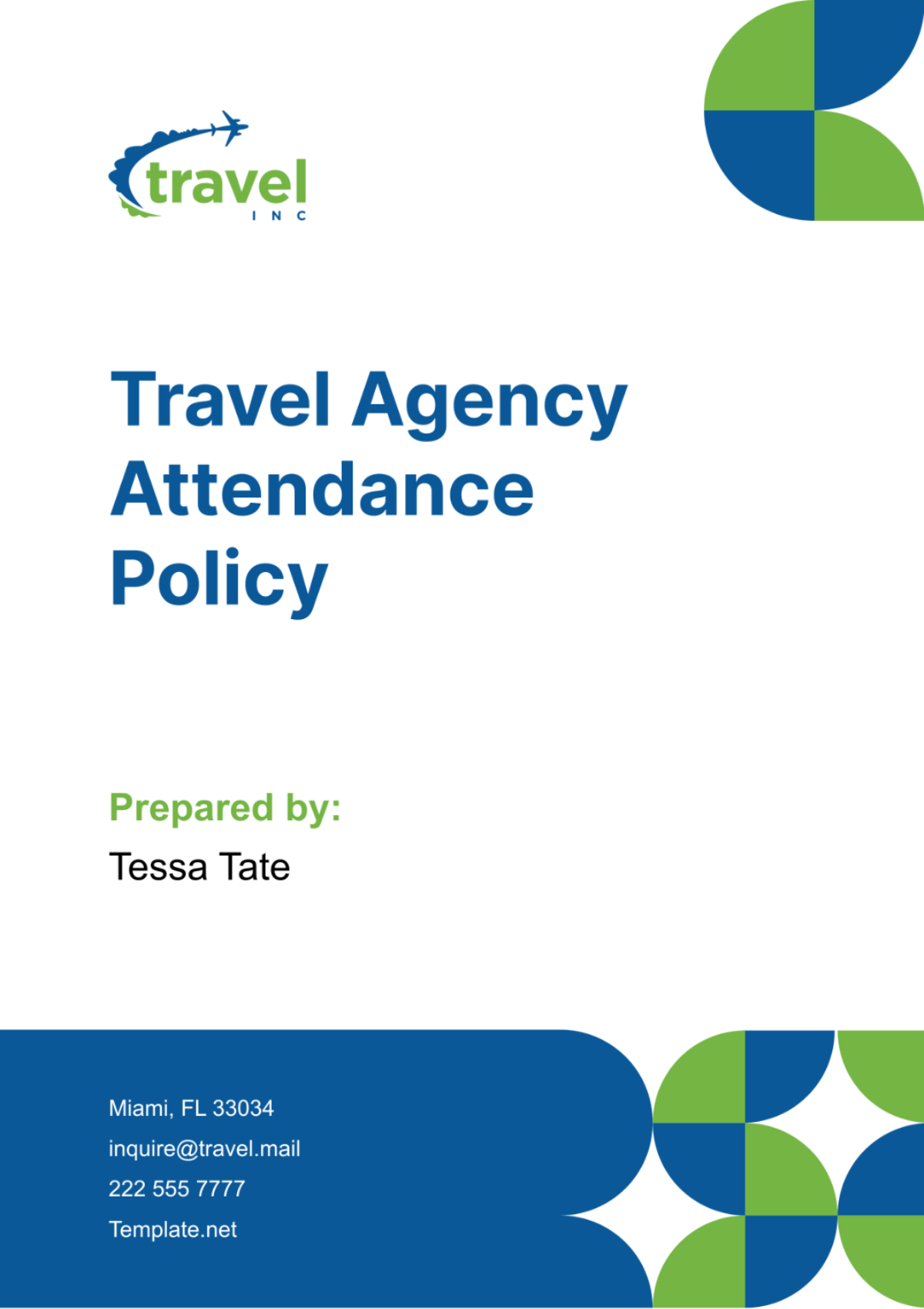
I. Introduction
This Attendance Policy is designed to ensure a uniform and fair approach to employee attendance management, which is crucial for maintaining operational efficiency and service quality at [Your Company Name]. Consistent attendance is vital to our team dynamics and our ability to provide exceptional service to our clients. This policy outlines expectations and procedures for managing attendance and applies to all employees.
II. Policy Scope
Applicability: This policy applies to all full-time, part-time, and contractual employees of [Your Company Name].
Effective Date: This policy will be effective from [insert date].
Locations: The policy is applicable at all locations operated by [Your Company Name], including international branches.
III. Definitions of Terms
Absence: Failure to report to work during a scheduled shift.
Tardiness: Reporting to work later than the scheduled starting time.
No Show: Failure to report to work without prior notification.
Early Leave: Departing from work before the end of a scheduled shift without prior approval.
IV. Work Hours and Scheduling
Standard Work Hours: Employees are expected to work 8 hours per day, from [start time] to [end time], Monday through Friday. Changes to standard hours will be communicated by management.
Shift Swapping: Employees may swap shifts after obtaining written approval from their supervisor.
Holiday Work: Working during holidays is occasionally required and will be compensated as per the company’s holiday pay policy.
Standard Work Hours and Overtime
Day | Standard Hours | Overtime Eligibility |
|---|---|---|
Monday | 9:00 AM - 5:00 PM | Yes |
Tuesday | 9:00 AM - 5:00 PM | Yes |
Wednesday | 9:00 AM - 5:00 PM | Yes |
Thursday | 9:00 AM - 5:00 PM | Yes |
Friday | 9:00 AM - 5:00 PM | Yes |
Saturday | On-Demand | Yes |
Sunday | Closed | N/A |
V. Attendance Expectations
Attendance is a critical component of your role at [Your Company Name]. Reliable attendance helps ensure operational efficiency and optimal service delivery. Here are more detailed expectations and guidelines:
Punctuality: Employees are expected to be ready to work at their designated start time. This means being at your workstation and prepared to begin tasks. Punctuality reflects professionalism and respect for your team.
Early Departures: Leaving work before the end of a scheduled shift requires prior approval from a supervisor, except in emergencies. Unauthorized early departures are subject to review and possible disciplinary action.
Consistency: Regular and consistent attendance is expected. Employees should strive to avoid frequent absences or patterns of absence that could affect team productivity.
Communication: Open and timely communication with your supervisor is essential, especially regarding any issues that may affect your attendance.
Guidelines for Managing Tardiness and Early Departures
Issue | Employee Responsibility | Supervisor Role |
|---|---|---|
Tardiness | Notify the supervisor as soon as possible. | Assess the reason, record incidents, and provide feedback. |
Early Leave | Request approval in advance where possible. | Evaluate necessity, authorize, or suggest alternatives. |
VI. Reporting Absences
Procedure: Employees must notify their supervisor at least [number] hours in advance of their scheduled shift if they expect to be late or absent.
Documentation: For absences longer than [number] days due to sickness, a doctor’s note must be provided.
Notification Protocol
Situation | Notification Timeframe | Method |
|---|---|---|
Scheduled Leave | 30 days in advance | Written notice |
Sickness | At least 2 hours before shift | Phone call |
Emergency | As soon as possible | Phone call |
VII. Types of Leave
At [Your Company Name], we recognize that employees may need time away from work for various reasons. Below are detailed descriptions and procedures for each type of leave available:
Type of Leave | Eligibility | Accrual | Usage | Notification/ Application |
|---|---|---|---|---|
Sick Leave | All full-time employees | 1 day per month, up to 12 days/year | For personal illness, medical appointments, or caring for an ill family member | Notify the supervisor as early as possible, preferably before the shift |
Personal Leave | Available after 6 months of employment | Non-cumulative, up to 5 days per year | For personal matters | Request at least two weeks in advance, except in emergencies |
Vacation Leave | After 1 year of service | 1.25 days per month, 15 days per year | General vacation | Must be requested as early as possible, and requires supervisor approval to ensure adequate staffing |
VIII. Unplanned Absences
At [Your Company Name], we understand that unforeseen circumstances and emergencies can occur, resulting in unplanned absences. It is critical, however, to manage these absences responsibly to maintain operational efficiency and team coherence. Below are the detailed guidelines and procedures regarding unplanned absences:
Emergencies
In cases of genuine emergencies that prevent an employee from attending work (such as a serious illness, accident, or critical family issue), the employee or their representative should contact their immediate supervisor or the HR department as soon as practically possible. Emergencies will be handled on a case-by-case basis, with the company providing support and understanding to the affected employee.
No Shows
An employee who fails to show up for work without any prior notification is considered a "no-show." This is taken seriously and can significantly disrupt operations. The first instance of a no-show will trigger an immediate inquiry into the employee's whereabouts and well-being. Subsequent incidents may lead to disciplinary action.
Procedure for Reporting Unplanned Absences
Immediate Notification: Employees must inform their supervisor by phone at least one hour before their shift is due to start, if possible. If not, they should provide notification as soon as they are able.
Documentation: After an unplanned absence, employees may be required to provide documentation supporting the reason for their absence, such as a medical certificate or a police report, depending on the situation.
Return-to-Work Process
After an unplanned absence, particularly if it extends beyond two consecutive days, the employee may be required to meet with HR or their supervisor to discuss their situation and any support they may need to transition back to work smoothly.
Follow-Up
Supervisors will follow up on all unplanned absences to ensure that the employee's return to work is managed appropriately and to address any underlying issues that might be affecting their attendance.
Unplanned Absence Management
Step | Action Required | Responsible Party |
|---|---|---|
Notification | Contact the supervisor or HR as soon as possible | Employee/ Representative |
Documentation | Provide necessary documents upon return | Employee |
Return-to-Work | Attend meeting with HR/supervisor | Employee |
Follow-Up | Review and support reintegration | Supervisor/HR |
IX. Disciplinary Actions
First Offense: Written warning.
Second Offense: Final warning.
Third Offense: Termination of employment.
Disciplinary Steps
Offense | Action | Notice Period |
|---|---|---|
First | Written warning | Immediate |
Second | Final warning | Immediate |
Third | Termination | 1 week notice |
X. Accommodations
[Your Company Name] is committed to providing reasonable accommodations to employees who have disabilities or other needs that may impact their ability to adhere to the standard attendance requirements.
Procedure for Requesting Accommodations
Submission of Request: Employees should submit a written request for accommodation to the HR department, detailing the nature of their condition and the specific adjustments needed.
Assessment: HR, in consultation with relevant supervisors and potentially a medical advisor, will assess the feasibility and appropriateness of the requested accommodations.
Implementation: If the accommodation is approved, HR will work with the employee and their supervisor to implement the necessary changes.
Review: Accommodations will be reviewed periodically or as required to ensure they remain appropriate and effective.
Examples of Accommodations: Modified work schedules, physical alterations to the workspace, special equipment, and remote work options, among others.
Example Accommodations and Implementations
Condition | Accommodation Requested | Implementation Strategy |
|---|---|---|
Chronic Illness | Flexibility in start times | Adjust employee's start and end times as needed |
Physical Disability | Ergonomic workspace adjustments | Install adjustable desks and ergonomic seating |
Mental Health Conditions | Remote work days | Allow work from home two days per week |
XI. Monitoring and Record-Keeping
Attendance Tracking: Attendance of all employees will be tracked using an electronic timekeeping system. Employees are required to clock in and out at the beginning and end of their work periods.
Record Maintenance: All attendance records, including absences, tardiness, and leave applications, will be maintained by the HR department for a minimum of [specify period] years in compliance with local employment laws.
Confidentiality: All attendance data will be treated as confidential. Access to these records will be limited to authorized personnel only, such as HR managers and direct supervisors.
Use of Attendance Data: Attendance data may be used for performance evaluations, identifying attendance patterns, planning workforce management, and supporting disciplinary actions if necessary.
Attendance Record Maintenance
Record Type | Storage Duration | Responsible Department |
|---|---|---|
Clock-in times | 5 years | HR |
Leave requests | 5 years | HR |
Disciplinary actions | 5 years | HR |
XII. Policy Review and Modifications
This policy will be reviewed annually to ensure it remains relevant and effective. Additional reviews may be conducted when there are significant changes in legislation or company structure.
Modification Process
Initiation of Review: Either through scheduled reviews or due to a recognized need by management or HR.
Gathering Feedback: Input will be solicited from various stakeholders, including department heads, supervisors, and employees, to gather insights and suggestions for improvements.
Drafting Changes: The HR department will draft modifications based on the feedback and analysis of policy effectiveness.
Approval: Proposed changes will be reviewed and approved by senior management.
Implementation: All employees will be notified of changes in the policy, and the revised policy will be distributed and implemented.
Policy Review Timeline
Step | Description | Timeframe |
|---|---|---|
Annual Review | Regularly scheduled assessment of policy | Once a year |
Feedback Collection | Collect suggestions from stakeholders | 1 month before review |
Draft Revisions | Update policy based on feedback and analysis | 2 weeks |
Management Approval | Review and approve changes by senior management | 1 week |
Communication | Inform all employees of policy updates | Immediately after approval |
XIII. Acknowledgment of Policy
All employees are required to sign an acknowledgment form attached to this policy document indicating that they have received, read, and understood the Attendance Policy.
- 100% Customizable, free editor
- Access 1 Million+ Templates, photo’s & graphics
- Download or share as a template
- Click and replace photos, graphics, text, backgrounds
- Resize, crop, AI write & more
- Access advanced editor
Streamline your attendance management with Template.net's Travel Agency Attendance Policy Template. Fully customizable and editable, this template works seamlessly with the Ai Editor Tool, allowing you to create clear and effective attendance policies tailored to your agency's needs. Enhance accountability and punctuality with our professionally designed solution, ensuring smooth operations and compliance.
You may also like
- HR Policy
- Restaurant Policy
- Company Policy
- Accounting Policies and Procedures
- Website Policy
- Privacy Policy
- Safety Policy
- School Policy
- IT and Software Policy
- Law Firm Policy
- Construction Policy
- Interior Design Policy
- Travel Agency Policy
- Education Academic Policy
- Security Policy
- Real Estate Policy
- Expense Policy
- Software Policy
